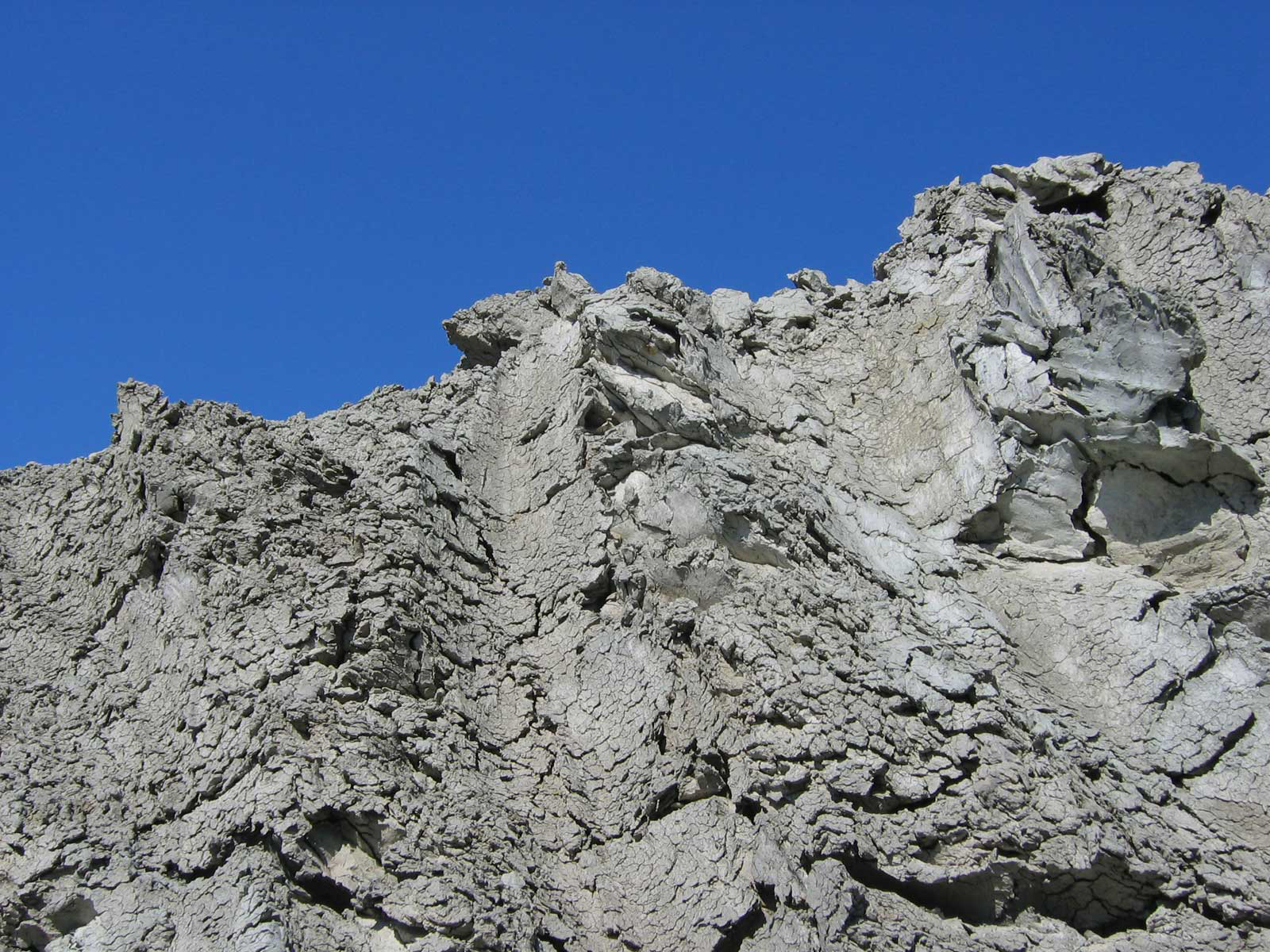Treating chronic kidney disease using clay minerals
Clay has healing powers. This natural product is destined to help treat chronic kidney disease: a well-tolerated agent based on clay minerals lowers patients’ excessive phosphate levels.

Miss M. spends around 15 hours a week in hospital. Her renal functions are limited, and her kidneys are no longer able to filter toxins from her blood. She is a dialysis patient, forced to rely on this artificial blood purification treatment that, although essential, greatly impairs her quality of life. She has to make three trips a week to the dialysis clinic and going away for longer than a few days is almost out of the question. And Miss M. is no exception: In Germany alone, over six million people suffer from some form of chronic renal disease. Around 70,000 depend on dialysis and they are joined by some 15,000 new dialysis patients every year. Poor diet and an aging population are contributing to the dramatic rise in chronic renal disease worldwide, with high blood pressure and diabetes the most significant risk factors related to renal failure.
When suffering from renal failure, the body is unable to filter out phosphates in sufficient quantities, and the resulting excess is then absorbed into the blood. This causes a build-up of calcium-phosphate deposits in the blood vessels, which can over an extended period lead to arteriosclerotic heart disease and premature death. Compared to people with healthy kidneys, those with compromised renal function are at least ten times more likely to suffer a heart attack or stroke. To counteract this increased risk, people suffering from chronic renal insufficiency are required to take phosphate binders with meals. In the stomach and intestines, these medications bind to phosphates from food so that they can be excreted undigested instead of being absorbed into the blood. The problem is that existing medications, such as calcium and aluminum salts, cause serious side-effects including constipation, hypercalcemia (an elevated level of calcium in the blood), and neurologic disorders.
Gentle alternatives to pharmaceutical treatments
But hope is in sight for sufferers of chronic renal disease. Scientists from the Fraunhofer Institute for Cell Therapy and Immunology IZI in Rostock teamed up with FIM Biotech GmbH to develop an effective therapeutic agent that patients can tolerate well. Formed by marine deposits of volcanic ash 60 billion years ago, clay minerals found in the Friedland area of north-east Germany provide the basis for the new agent. The clay first has to be processed before being refined using a special technical process.
In a series of laboratory trials and cell culture experiments, the cooperation partners were able to prove the high phosphate-binding capacity and tolerance rate of the clay minerals. “The phosphate binder obtained from pure mineralogical raw materials is just as effective as traditional pharmaceutical binders. It can lower renal patients’ elevated phosphate levels. Our tests using animal models show that, unlike standard medications, our binder causes only mild side-effects,” says Prof. Dr. Steffen Mitzner, head of the Working Group on Extracorporeal Immunomodulation in Rostock and Professor of Nephrology at the city’s university. The scientists believe that their refined natural raw material could also be used in the treatment of inflammatory bowel disease. Another animal model trial is currently underway to determine the scope of using clay minerals to help heal artificially induced bowel inflammation.
The Fraunhofer scientists and FIM Biotech GmbH have filed a patent application for their agent and refining technique. The animal trials are scheduled for completion by the end of 2013, and the scientists expect to be able to start passing on the benefits of the new agent to the first patients when clinical trials begin in early 2014.